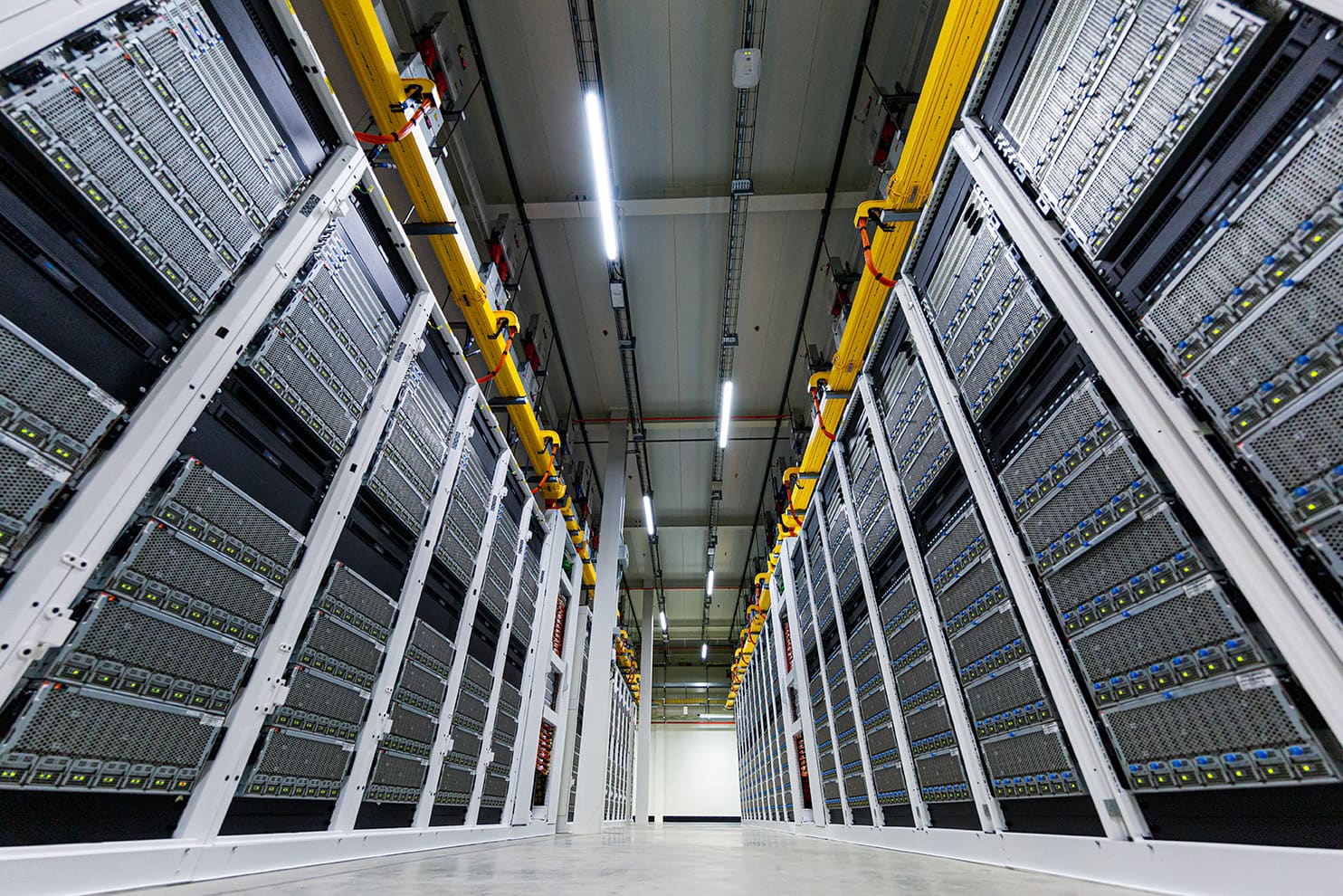Microsoft has begun to slow down its ambitious growth in artificial intelligence infrastructure, in an unexpected turn that has raised doubts among investors and analysts. Despite maintaining a strong commitment to AI, the company has reportedly frozen or scaled back significant expansion plans for new data centers in both the United States and Europe. According to analysis from TD Cowen, this pullback is mainly due to the decision not to continue supporting training workloads for OpenAI, its previously key partner in the development of models like ChatGPT.
In the past six months, Microsoft has abandoned projects that were set to consume nearly 2 gigawatts of electricity — an amount equivalent to the consumption of a medium-sized city — and has canceled leases for several hundred megawatts with at least two major data center operators.
Although Microsoft has not confirmed or denied the breakup with OpenAI, the company has acknowledged that it is strategically adjusting its infrastructure: “We can accelerate or strategically adjust our infrastructure in some areas, and we will continue to grow strongly across all regions,” they stated in a press release.
Context: Competition and Investor Pressure
Microsoft’s retreat comes at a time of increasing skepticism from investors, concerned about the high spending on artificial intelligence being undertaken by major tech companies without a clear short-term profitability. This is compounded by the impact of startups like DeepSeek, which have proven capable of competing with more cost-effective and efficient solutions, challenging Western dominance in this field.
Despite this adjustment, Microsoft insists that its commitment to AI remains intact. The company is maintaining its $80 billion investment plan in infrastructure for the current fiscal year, in line with projections from other industry giants like Alphabet ($75 billion) and Meta (up to $65 billion).
However, TD Cowen warns that if these projections are not met by the end of the fiscal year, we may be witnessing the beginning of the end of a possible “AI bubble,” similar to what was experienced with cryptocurrencies.
Strategic Shift or Model Reevaluation?
For some experts, the slowdown in the construction of data centers may not be a setback, but rather a sign of maturity and adjustment to actual demand. In this sense, companies like Google and Meta may have already started to cover part of the capacity that Microsoft has left free in international markets and in the U.S., respectively.
Meanwhile, OpenAI and other players in the sector may be forced to diversify their technological partners or reinforce their own computing capabilities in a more competitive and less predictable environment.
In short, Microsoft’s move marks a turning point in the evolution of the sector. While the race for supremacy in artificial intelligence continues, the rules of the game seem to be changing. The next big question is: who will be best able to adapt to the new balance between cost, efficiency, and scale?
via: Reuters

